Focus
Your Present Location: HOME> Focus-
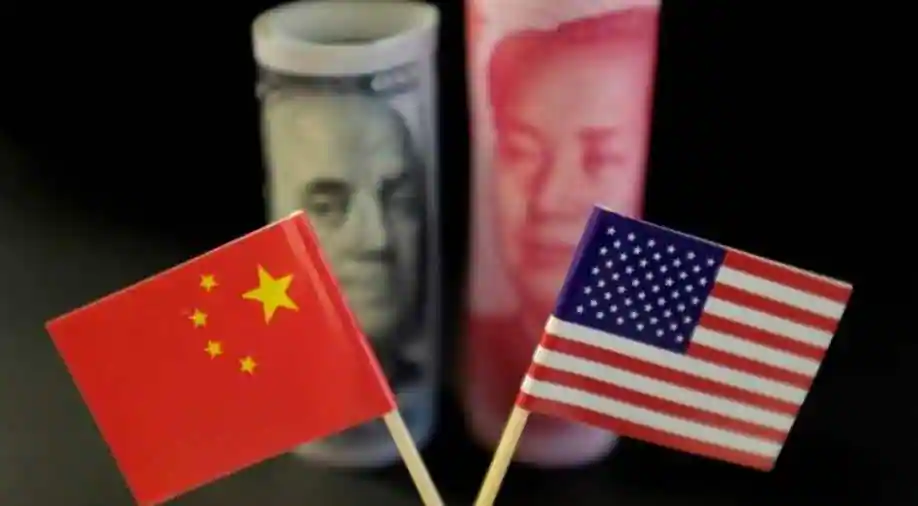
【Wion】Exceeding the US GDP is not our aim, says Chinese minister
A day after China declared its GDP had grown 8.1 per cent last year, the country's vice foreign minister Le Yucheng asserted that the Communist Party was "not interested in exceeding the US in GDP".
2022-01-21 -
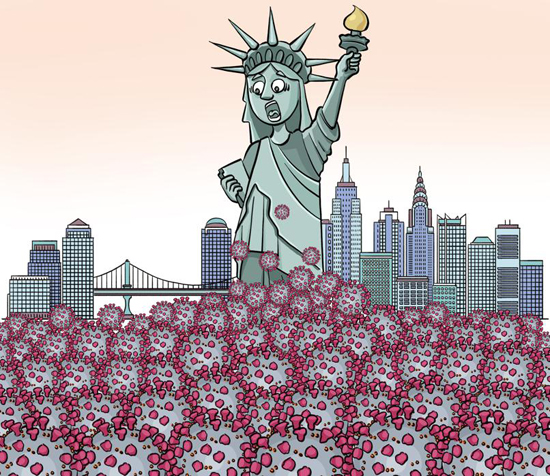
Wang Yiwei: World should not foot the bill for US failure
The Omicron variant of the novel coronavirus has caused a surge in infections in the United States, with the country reporting more than 1 million new cases daily of late. It is surprising that the US, with less than 5 percent of global population, accounts for more than one-fifth of the total cases worldwide and 15 percent of the deaths.
2022-01-19 -
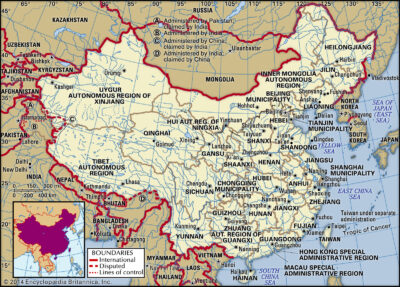
Peter Koenig : China Winter Olympics: US Boycott
President Biden, in full mood of marking “red lines” against Russia and Ukraine in a virtual meeting with Vladimir Putin, does not forget the importance of boycotting China’s Winter Olympic Games. It’s a diplomatic boycott only, so says Madame Jen Psaki, White House press secretary. Nevertheless, she and Biden are wishing the US sport-participants best of luck and they will support them throughout. So, they say. US athletes are allowed to part-take in the games. It’s the US diplomacy that is held back. It’s a hypocrisy that only Washington – and perhaps Brussels as EU and NATO headquarters – can muster. Now Australia has also joined the nefarious club.
2022-01-19 -
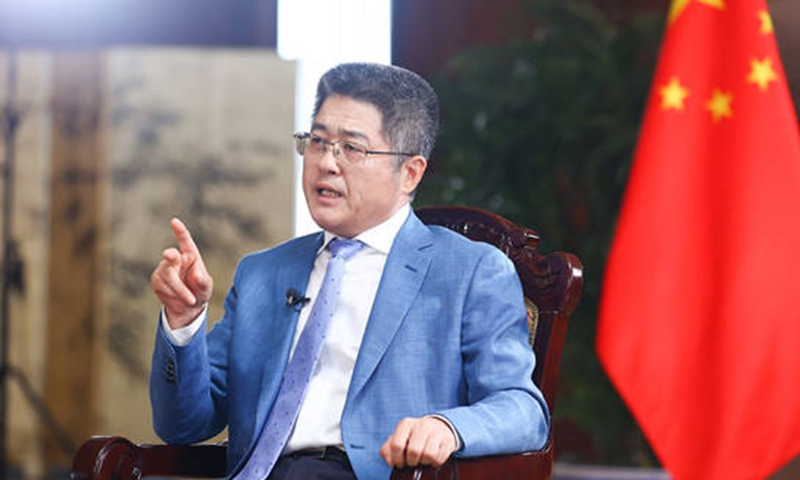
Vice FM Le Yucheng: Taiwan secessionists will eventually come to an end and be left alone
Chinese Vice Foreign Minister Le Yucheng on Monday reaffirmed that Taiwan is China's sacred territory and China has indisputable sovereignty over the island. This is the premise and starting point for discussing all issues concerning Taiwan, he added.
2022-01-19 -
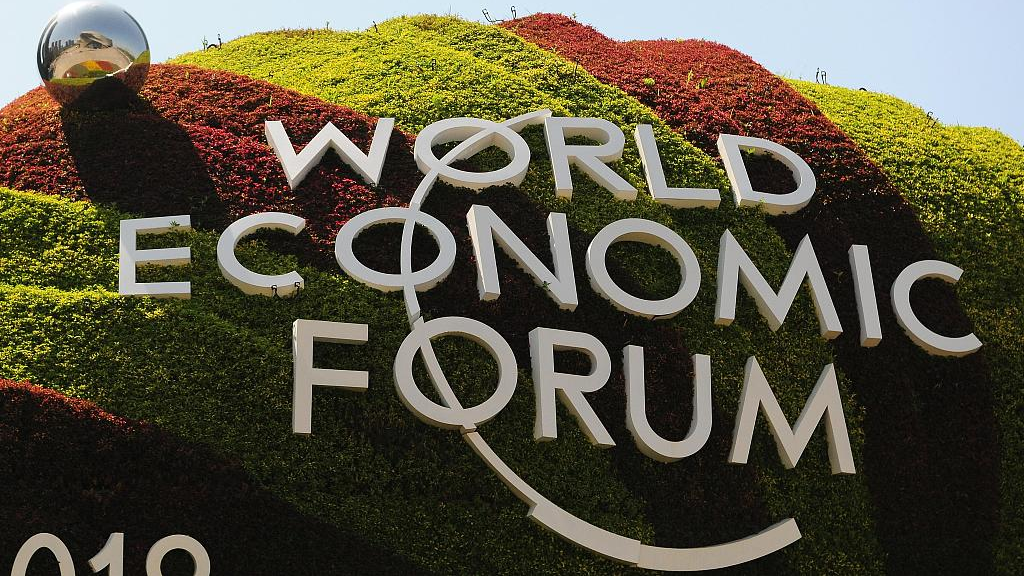
John Ross: Xi Jinping emphasizes need for global cooperation at virtual Davos Agenda event
2022-01-19 -
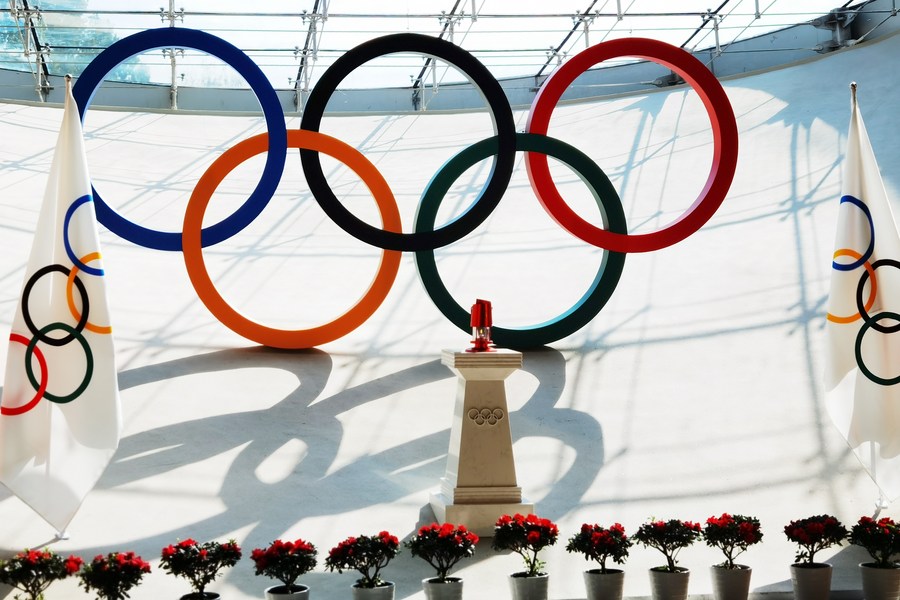
Zamir Ahmed Awan: Pakistan shows solid support for Beijing Winter Olympics
The friendship between the nations of China and Pakistan offers a unique model that's unmatched by any other pair of countries. Chinese people differentiate this uniqueness with a special terminology "ba tie – 巴铁", which can be translated as "Iron Brothers".
2022-01-17 -
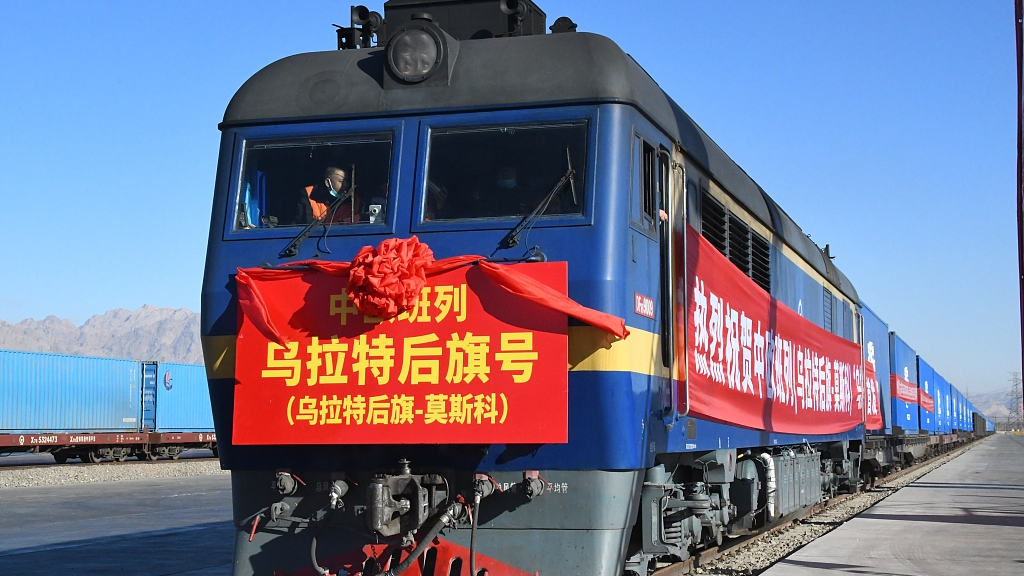
Djoomart Otorbaev: A new record set in rail transportation on the China-Europe route
The Eurasian railway revolution has continued into 2021. Last year, the China-Europe railway bridge set new records by providing stable, reliable and highly efficient logistics services as a pillar of global supply chains, said Wang Wenbin, spokesman for the Chinese Foreign Ministry. Speaking at a regular press conference in Beijing on December 30, he said that the China-Europe express train system had opened the door for mutual stimulation of supply and demand with additional benefits.
2022-01-17 -

Gideon Rachman: The rising toll of famine and conflict
This is an audio transcript of the Rachman Review podcast episode: The rising toll of famine and conflict.
2022-01-14 -
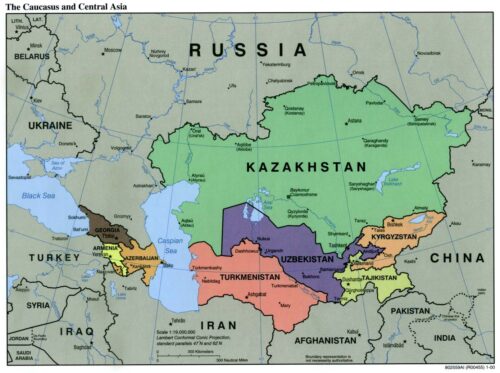
Peter Koenig: Kazakhstan: NATO’s New Frontier?
Kazakhstan reminds of Armenia (September 2015), also energy price increases, Georgia (April 2009), opposition attempting to force pro-Russian President Mikheil Saakashvili, from power; and even to some extent of Ukraine (2014) – Maiden riots supposedly because then President Viktor Yanukovych, lured into negotiations with Europe for an association agreement with the European Union, behind which was – who else – NATO. The majority of Ukrainians had no idea about these ongoing negotiations and their background. So, the riots were planned by long hand and had nothing to do with the short-cut EU negotiations. Talks were eventually interrupted when Yanukovych received assurances from Russia for a “better deal”.
2022-01-14 -
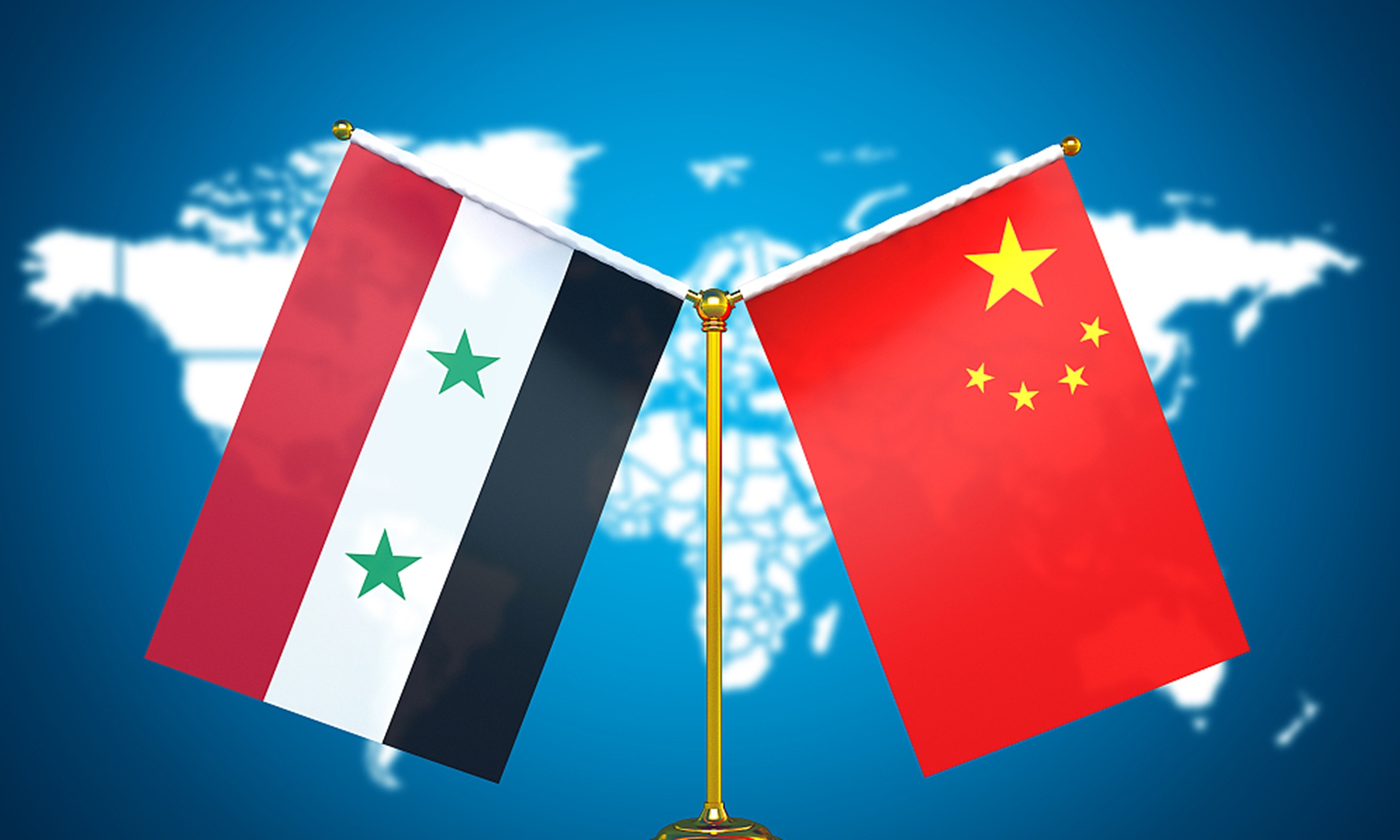
Zhou Rong: Syria joins BRI amid extensive China-Mideast exchanges
Syria on Wednesday signed a Memorandum of Understanding (MOU) on China's Belt and Road Initiative (BRI) as the country is seeking post-war reconstruction, showing its high political trust in China, experts noted. The move came two days before the scheduled visit of the Iranian foreign minister to China - as part of the intensive visits to China of Mideast senior officials this week.
2022-01-14 -
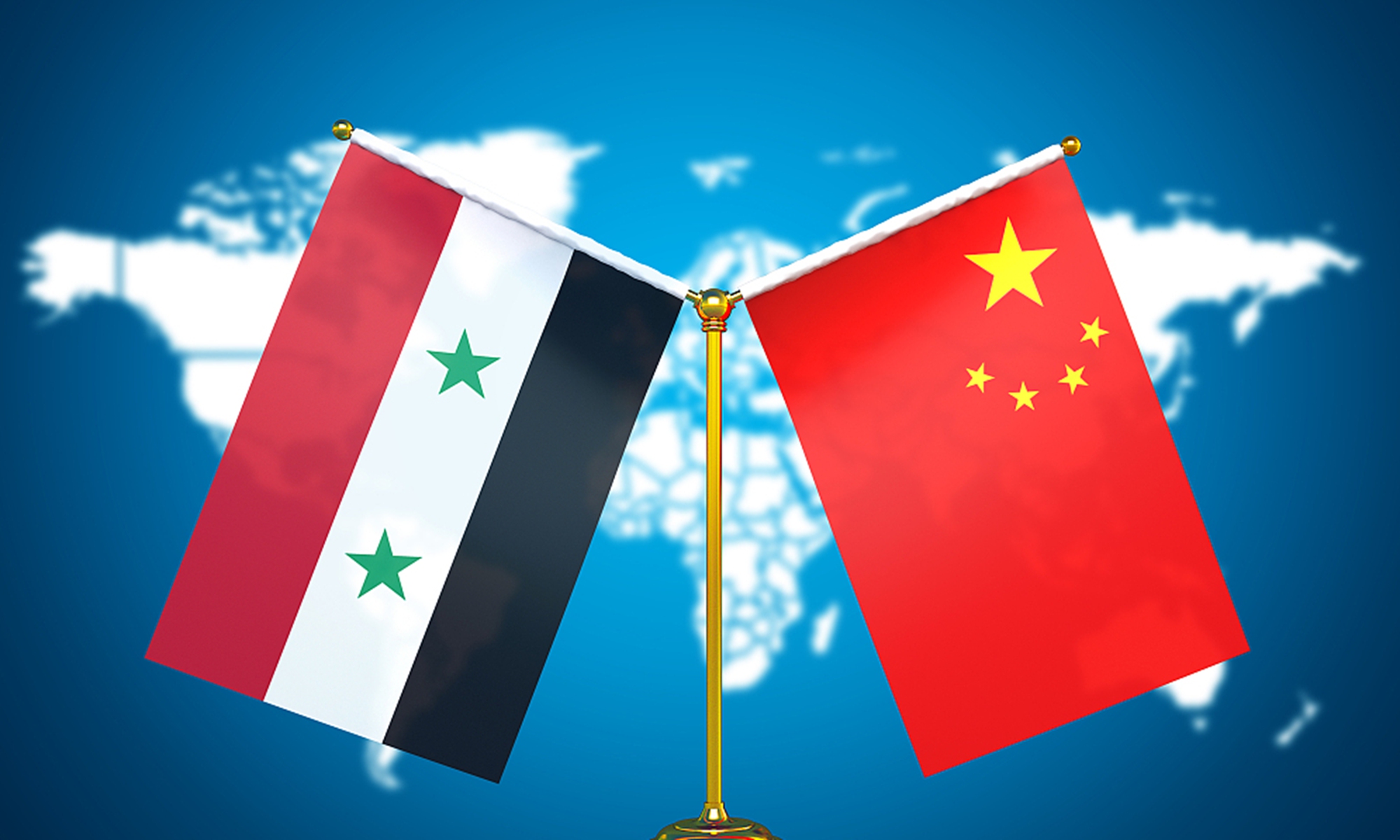
Zhou Rong: Syria joins BRI to rebuild amid wars, Western sanctions, pandemic via cooperation with China
Syria on Wednesday joined China's Belt and Road Initiative (BRI), which experts said is a great achievement of the BRI as it now has connected with the whole Middle East, demonstrating its influence and appeal.
2022-01-14 -
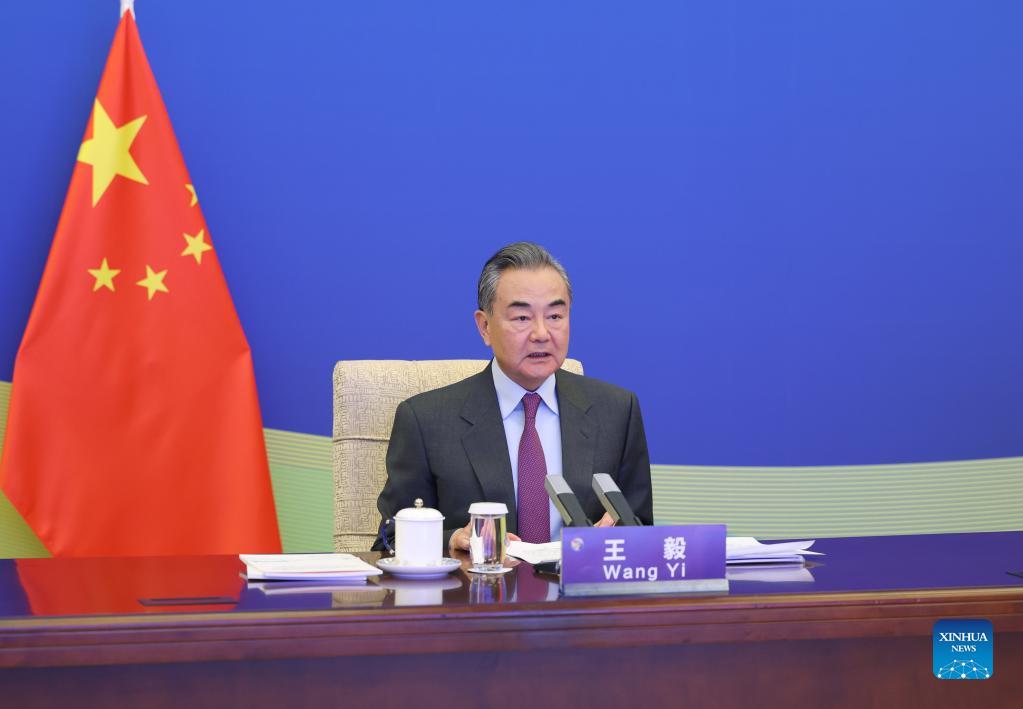
Zhou Rong: China's diplomacy in Middle East, Indian Ocean, East Africa achieves fruitful results
From January 10 to 14, at the invitation of State Councilor and Foreign Minister Wang Yi, the foreign ministers of Saudi Arabia, Kuwait, Oman and Bahrain and the secretary-general of the Gulf Cooperation Council began a five-day visit to China. At the same time, at the Foreign Ministry's regular press conference on January 11, spokesman Wang Wenbin announced that at the invitation of Wang Yi, Turkish Foreign Minister Mevlut Cavusoglu and Iranian Foreign Minister Hossein Amir-Abdollahian will visit China on January 12 and 14, respectively.
2022-01-13 -
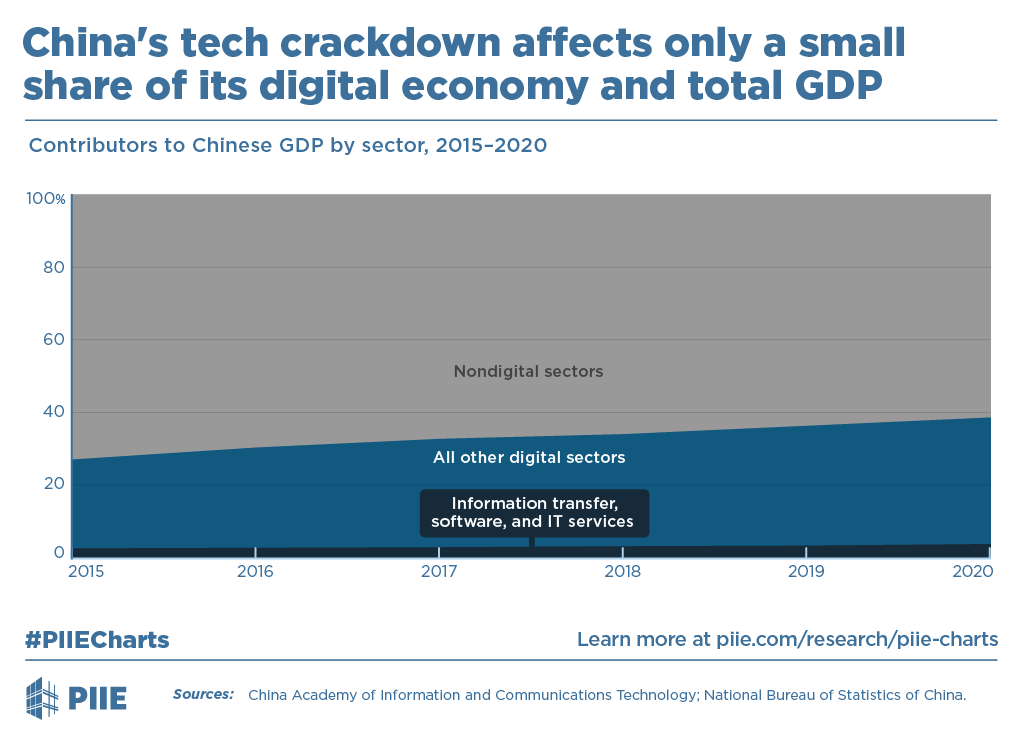
Nicholas R. Lardy: China’s tech crackdown affects only a small share of its digital economy and total GDP
Chinese authorities have been reining in some of the country's biggest internet companies, stirring concern about what could be a threat to China's robust private sector. But China's large private sector is more than just internet companies like Alibaba, Tencent, and JD.com. In 2020, only 11 internet companies were among the 500 largest private firms by revenue, according to the All-China Federation of Industry and Commerce.[1] Internet companies account for only 7 percent of the aggregate revenues of the top 500 but 20 percent of the aggregate net profits, reflecting their strong market power.
2022-01-13 -
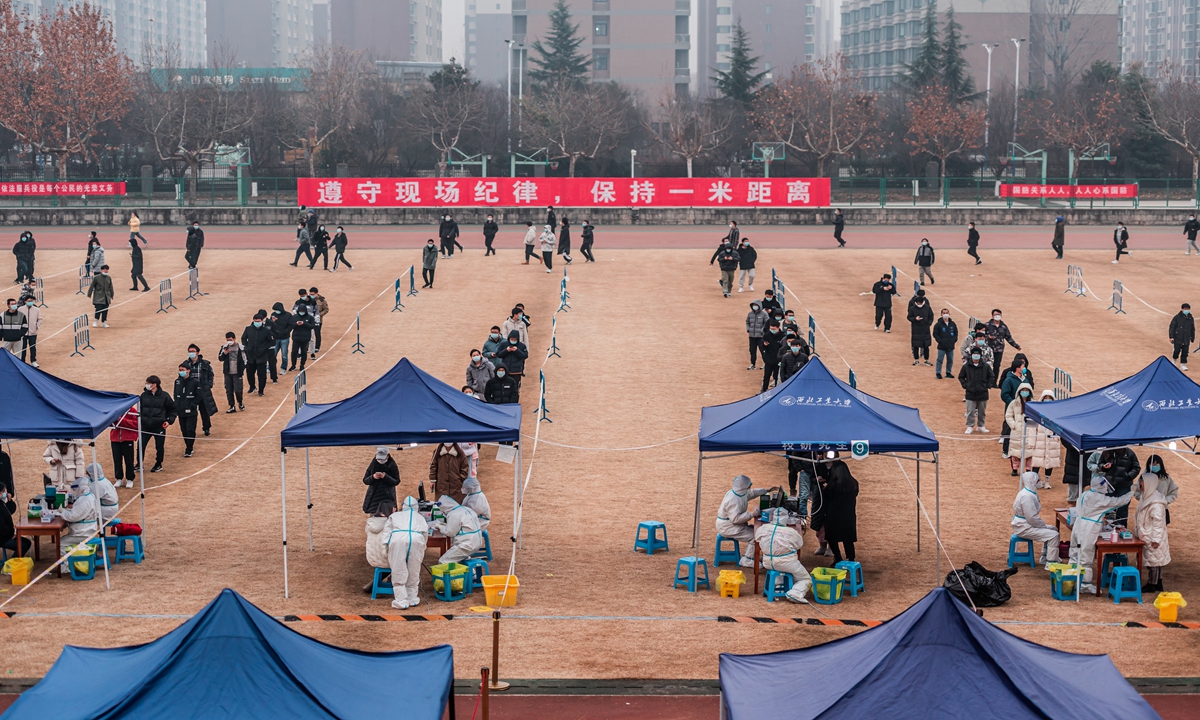
Ding Gang: Why did NYT fabricate contradiction between Chinese people and zero-COVID policy?
The online edition of the New York Times published an article written by Alexandra Stevenson on January 6 about the new outbreak of COVID-19 in Xi'an, Northwest China's Shaanxi Province. The headline of the story reads "China's Latest Lockdown Shows Stubborn Resolve on Zero-Covid."
2022-01-12 -

Francis Fukuyama: Drone World
After a time-out of nearly ten years, I finally decided to return to building and flying drones. I had done this quite intensively after I first moved to California in 2010, getting help from Chris Anderson and his 3D Robotics colleagues, and wrote about how cheap drones would affect global politics in the FT. I gave this up, however, after I had an A-fib attack flying a drone near my house, ending me up in the hospital. I found drone flying to be extremely stressful; it is easy to crash or lose an expensive drone, and they can do a lot of damage if they hit someone. That’s why I started building terrestrial rovers instead, which can’t get out of hand the way a drone can.
2022-01-12 -

Francis Fukuyama: One Single Day. That’s All It Took for the World to Look Away From Us.
The Jan. 6 attack on Congress by a mob inspired by former President Donald Trump marked an ominous precedent for U.S. politics. Not since the Civil War had the country failed to effect a peaceful transfer of power, and no previous candidate purposefully contested an election’s results in the face of broad evidence that it was free and fair.
2022-01-12 -
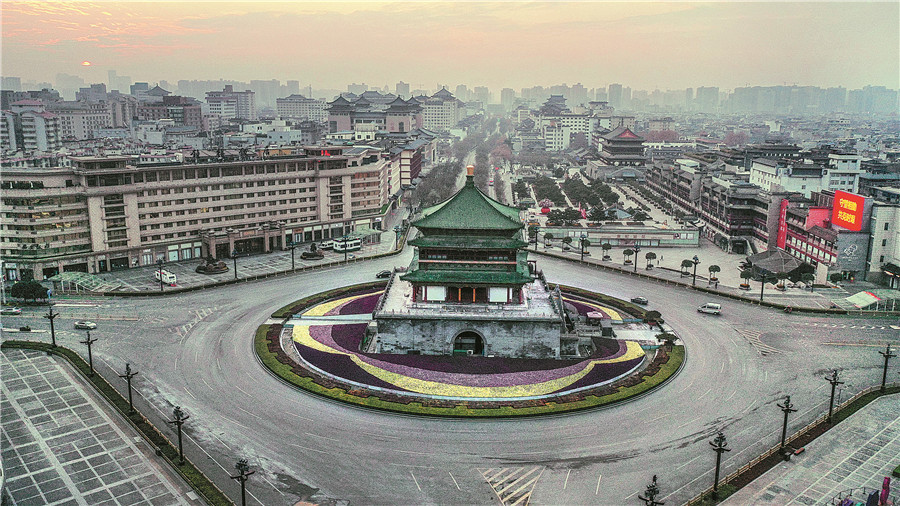
Martin Jacques: Zero-COVID policy keeps pandemic under control
China will continue with its zero-COVID-19 policy, which has proved effective and is gaining wider international recognition amid emergence of the Omicron variant, according to officials and experts.
2022-01-11 -
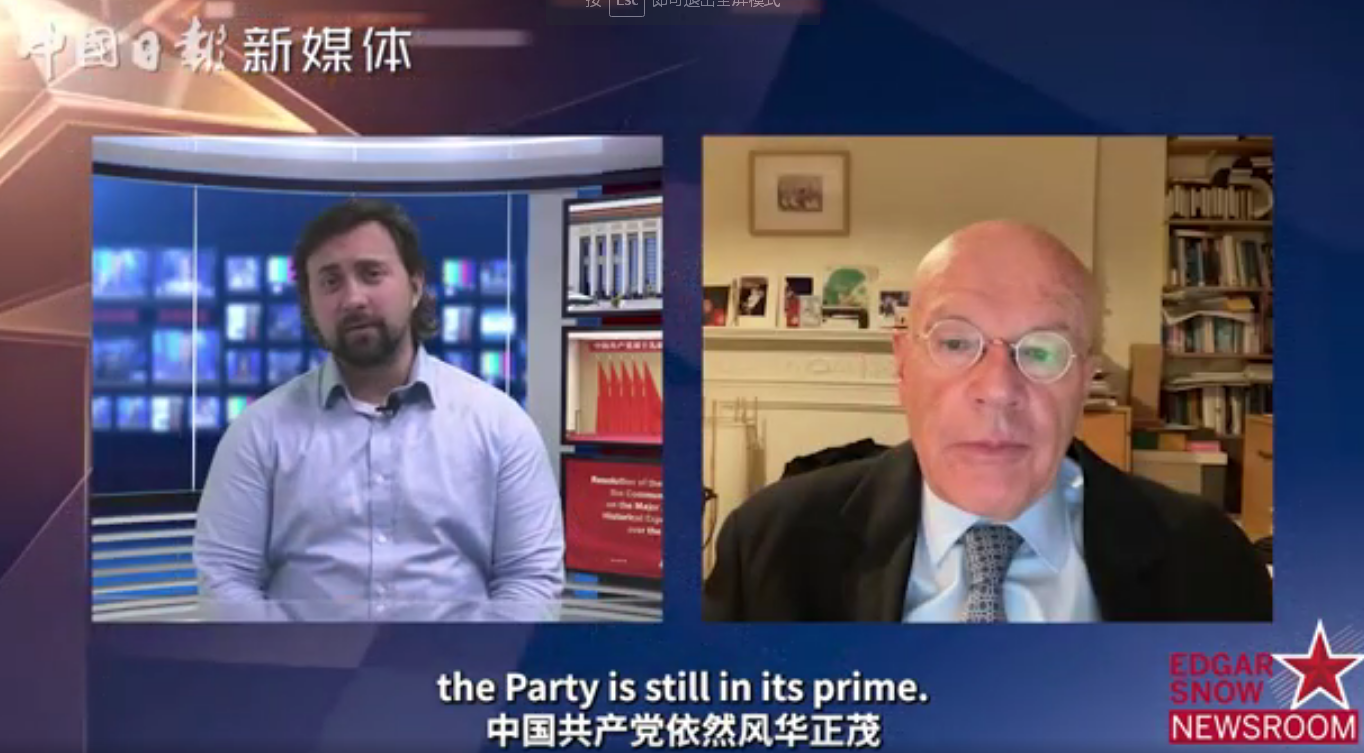
Martin Jacques: What is the secret to to the CPC's secret?
2022-01-10 -
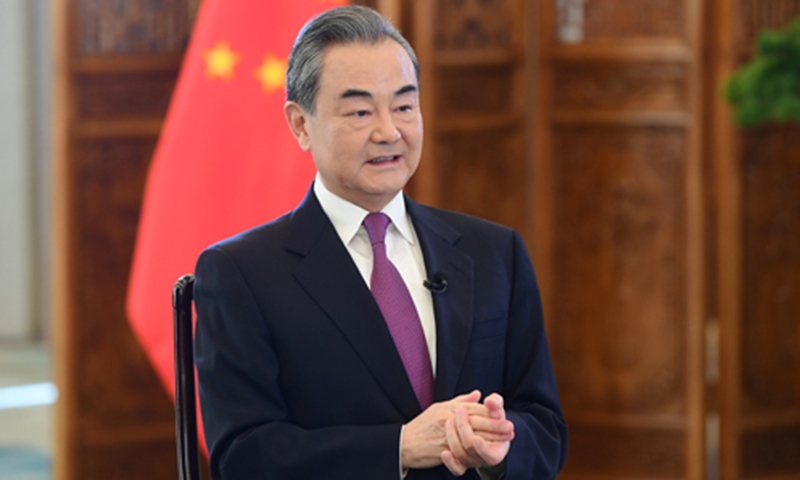
Zhou Rong: Chinese FM’s visit to the Maldives, Sri Lanka shows BRI progress
Chinese State Councilor and Minister of Foreign Affairs Wang Yi began his visit to the Maldives on Friday to commemorate the 50th anniversary of the establishment of diplomatic relations of China and the Maldives.
2022-01-10 -
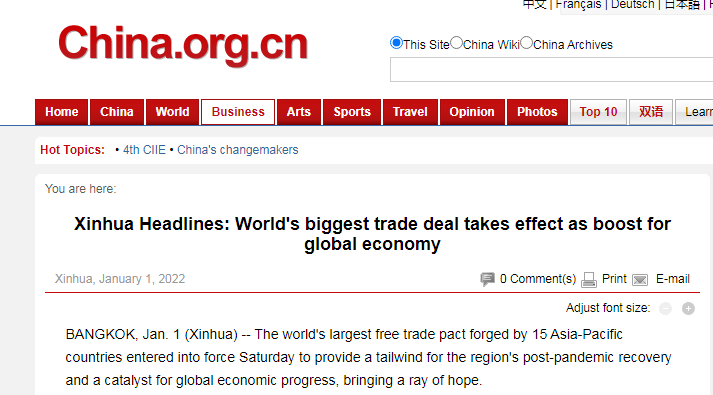
William Jones: World's biggest trade deal takes effect as boost for global economy
The world's largest free trade pact forged by 15 Asia-Pacific countries entered into force Saturday to provide a tailwind for the region's post-pandemic recovery and a catalyst for global economic progress, bringing a ray of hope.
2022-01-07
























































































 京公网安备 11010802037854号
京公网安备 11010802037854号





